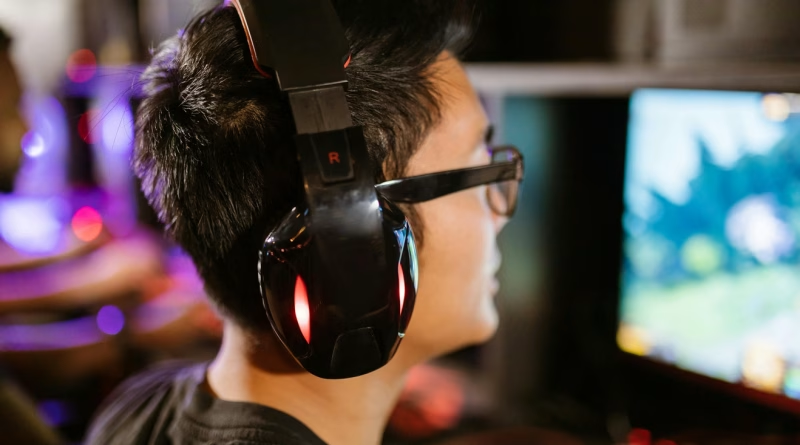Esports in Schools: How Competitive Gaming Is Becoming a Curriculum
What used to get you detention is now earning students college scholarships and class credits. In 2025, esports has gone academic—from after-school clubs to full-blown school-sanctioned programs.
Around the world, high schools and universities are treating gaming as more than a hobby. It’s becoming a skillset. A discipline. Even a career path.
🏫 What’s Happening in Classrooms
- Over 3,500 U.S. high schools now run official esports teams (up from 2,100 in 2022)
- State leagues offer structured competition for games like Rocket League, League of Legends, and Overwatch 2
- Esports is taught alongside subjects like media production, sports psychology, and event management
“It’s no different than football or chess—it builds discipline, teamwork, and strategic thinking.”
— High school esports coach, Austin TX
🎓 The Rise of Esports Scholarships
In 2025:
- Over 300 colleges offer partial or full esports scholarships
- Universities like Boise State, Maryville, and Full Sail run championship-level programs
- Scholarships cover gameplay, broadcasting, coaching, and team management roles
Some programs now recruit players like traditional athletes—with highlight reels, rankings, and tryouts.
🖥️ Curriculum-Driven Gaming
Schools aren’t just running teams—they’re teaching:
- Game strategy & analytics
- Digital citizenship and wellness
- Shoutcasting and streaming
- Team leadership & coaching
- Game dev & industry careers
Programs often use games as a gateway to STEM learning, combining computer science, physics, and critical thinking.
🏟️ Infrastructure Boom: From Gyms to Labs
Many schools are building dedicated esports facilities, complete with:
- High-refresh monitors and gaming PCs
- Streaming booths
- Tactical review rooms (like traditional sports film rooms)
- Audience seating for school-hosted tournaments
Gaming arenas are becoming recruitment tools—just like football stadiums once were.
👨👩👧👦 Parent and Educator Shifts
Attitudes are changing.
- Parents are seeing scholarship potential
- Teachers note improved engagement and social inclusion
- Administrators recognize esports as a way to build community and school spirit
In some schools, esports programs have higher retention rates than traditional clubs.
💼 Career Pipeline Beyond Playing
Students in esports programs often explore roles like:
- Game designers
- Shoutcasters and commentators
- Analysts and coaches
- Broadcast techs
- Community managers
- Marketing and esports business professionals
Not every student becomes a pro—but many enter the $200B+ global gaming industry.
⚠️ Challenges to Watch
- Screen time concerns
- Toxicity in online environments
- Budget constraints for smaller schools
- Balancing gameplay with academics
Strong programs address these through mental health education, moderation tools, and team codes of conduct.
🏁 Final Thought
In 2025, esports in schools isn’t a trend—it’s a transformation. What was once an afterthought is now a structured, educational, and professional path. For students who love gaming, this is their varsity letter, their scholarship ticket, their future career prep.
And this is just Level 1.




